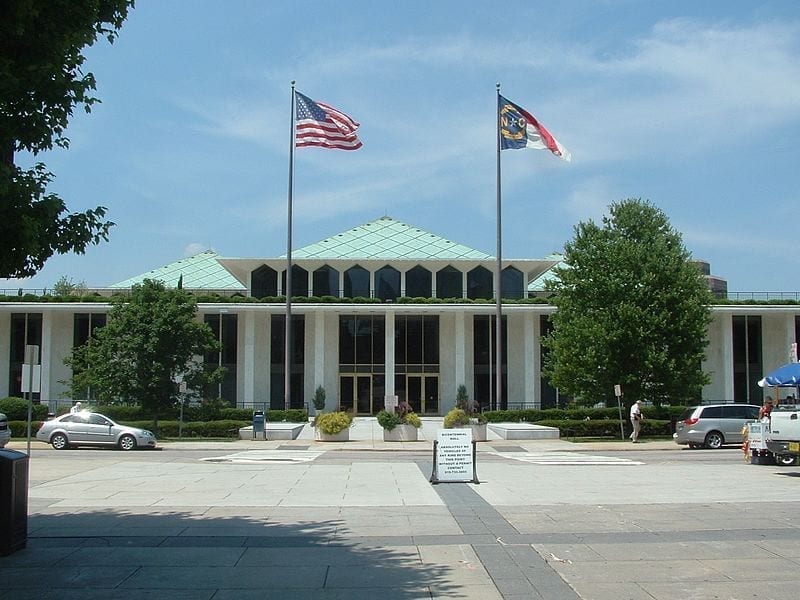The Town of Carolina Beach recently agreed to a settlement with developers over alleged unlawful facility fees.
The Town of Carolina Beach recently agreed to settle a lawsuit filed against it over allegations it unlawfully collected ‘Facility Fees’ from developers between August 2016 and June 2018. As part of the settlement, the town will also pay $850,000, though it denies any wrongdoing and liability. A notice from the North Carolina General Court of Justice states:
“The case alleges that the Town unlawfully collected Facility Fees on or between August 9, 2016 and June 30, 2018. “Facility Fee” means any fee charged by the Town to any Claimant or Plaintiffs as a mandatory condition to the Town providing a new or upsized connection to the Town’s water and/or wastewater system from August 9, 2016 through and until June 30, 2018.”

Why was the suit filed in the first place? The dispute that led to the suit began after the “Stier Construction Company, Inc claimed the town had wrongfully charged developers for the impact of new development on water and sewage systems.” The suit morphed into a class-action suit “because there could have been more than one company or individual affected by the fees.” The court notice further states:
“In a class action, one or more people, called ‘Class Representatives’ (in this case Stier Construction Company, Inc. and Bryan Humphrey Design Build, Inc) sue on behalf of people who have similar claims. Together, all these people with similar claims (except for those who exclude themselves) are members of the Settlement Class.”
This isn’t the first suit of its kind, though. Back in 2016, a Supreme Court case set precedence “for how local governments can charge development fees.” According to the North Carolina School of Government:
“In 2016, the North Carolina Supreme Court held that municipalities (and by analogy counties) lack the statutory authority to impose certain upfront charges for water and sewer services. Upfront charges are charges imposed on new or existing development before a property parcel is actually connected (or under contract to connect) to a local government’s water or sewer system.”
In 2017, the North Carolina legislature passed §162A Article 8. The article established “guidelines for municipalities and how they can charge and calculate system development fees.”
The recent settlement was approved by both parties, despite the fact it will cost the town a lot of money. The city and plaintiffs hope the settlement will put a stop to further legal action. The court notice states:
“The Parties agreed to a settlement to avoid the costs and risks of further litigation and provide benefits to Settlement Class Members. The Class Representative and the lawyers representing him (called “Class Counsel”) believe that the Settlement is in the best interests of all Settlement Class Members.”
Sources:


Join the conversation!